Global reports
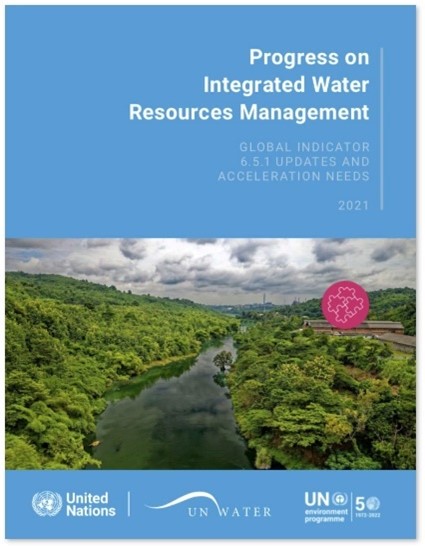
SDG 6.5.1 global progress report 2021
SDG 6.5.1 monitoring and reporting provides a wealth of data and a comprehensive global picture on the progress of IWRM implementation in countries. The UN Environment Programme (UNEP), as the custodian agency for SDG indicator 6.5.1, periodically invites countries to undertake data collection to respond to a survey on the status of IWRM, analyses the data submitted by countries and shares the results in global progress reports to boost implementation of IWRM. The full report with the results of the 2020 data drive and executive summaries in several languages are available on the IWRM Data Portal.
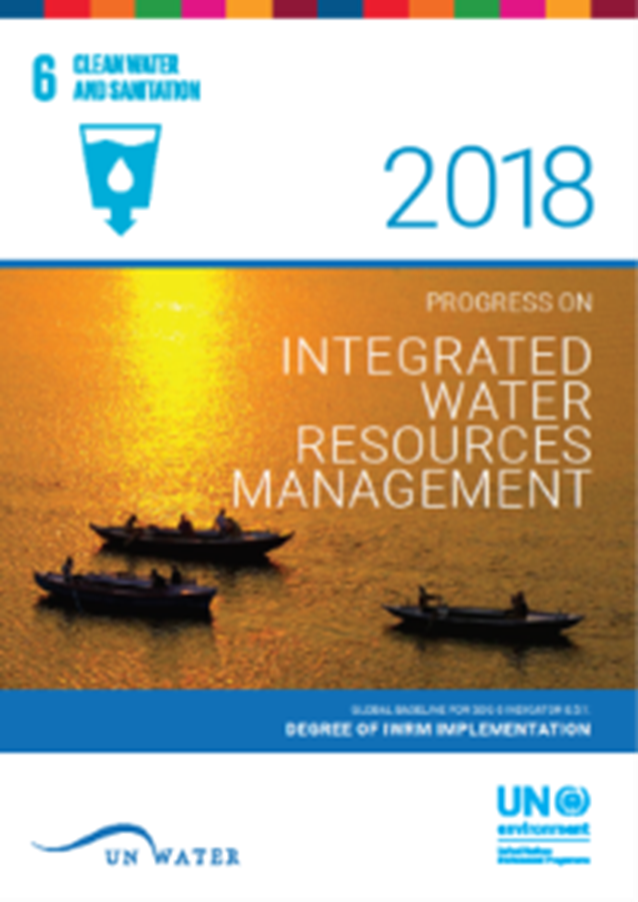 SDG 6.5.1 global progress report 2018
SDG 6.5.1 global progress report 2018
The baseline of SDG indicator 6.5.1 was established through a first round of data collection in 2017. The full report and executive summaries with the baseline results are available in several languages on the IWRM Data Portal.
Regional reports
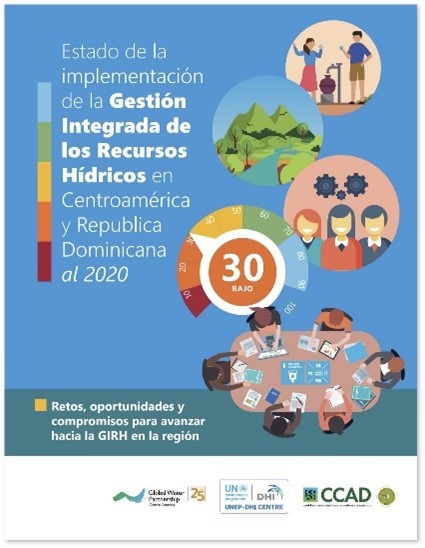
SDG 6.5.1 regional report Central America 2021
In Central America, as a result of the second data round of reporting on SDG 6.5.1, a regional report was prepared jointly by the Central American Commission for Environment and Development (CCAD), the Ministries of Environment of the participating countries as Focal Points for 6.5.1, the SDG 6 IWRM Support Programme, and GWP Central America. Read more on the results and download the full report and executive summary.
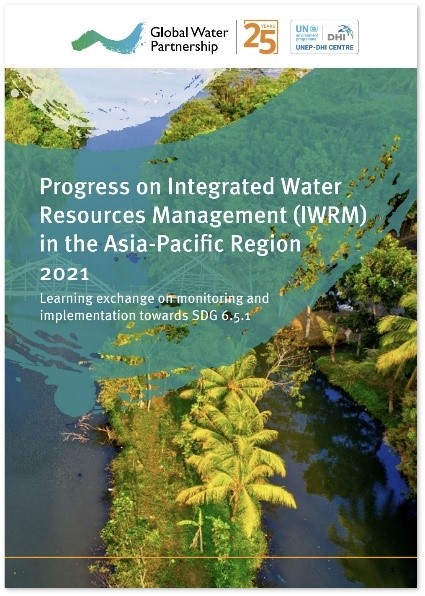
SDG 6.5.1 regional report Asia-Pacific 2021
A regional report was launched for the Asia-Pacific region with the support of the SDG 6 IWRM Support Programme and GWP’s Pan-Asian SDG team. The report is based on the analysis of country responses to the SDG 6.5.1 2020 Data Drive, as well as interviews with focal points and an online Learning Exchange event. Read more on the results and download the full report and executive summary.
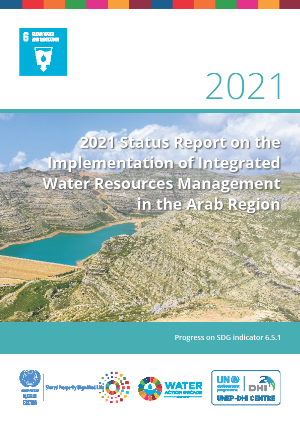 SDG 6.5.1 Arab regional report 2021
SDG 6.5.1 Arab regional report 2021
A report was prepared to provide a progress update on implementing IWRM in the Arab region, based on data from 21 out of the 22 countries that reported on SDG indicator 6.5.1 between 2017 and 2021. It provides an overview of progress and challenges and identifies priority areas for accelerating IWRM implementation. The report is available here.
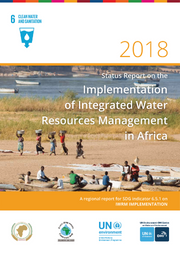 SDG 6.5.1 regional progress reports (2017-2018)
SDG 6.5.1 regional progress reports (2017-2018)
Following the data drive on SDG indicator 6.5.1, regional organisations have used the opportunity to analyse the country data from a regional perspective with the support of the SDG 6 IWRM Support Programme, to further regional collaboration and agenda-setting on water targets and work together towards full IWRM implementation.
Regional reports on the 2017-2018 baseline data collection are available on the IWRM Data Portal.
Thematic reports
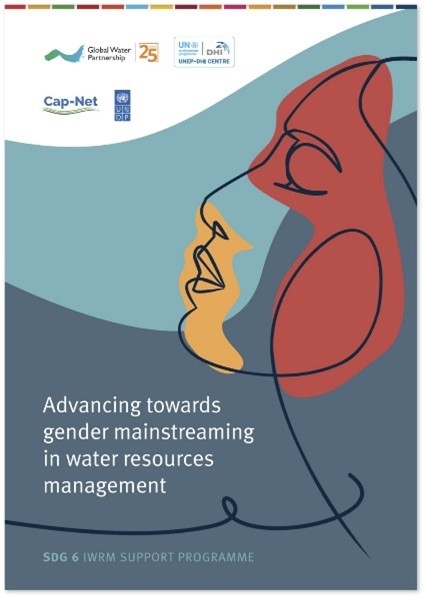 Advancing towards gender mainstreaming in water resources management
Advancing towards gender mainstreaming in water resources management
The SDG 6.5.1 survey contains a question on the inclusion of gender in laws/plans or similar in water resources management The 2020 country responses to this question showed that the global average score for that question had risen from 45% in 2017 to 54 by 2020. The SDG 6 IWRM Support Programme carried out a study to understand the bottlenecks to acceleration on this topic, showcasing and disseminating a range of practices that have been implemented around the world, highlighting common gaps, challenges and constraints, and key enabling factors, and providing recommendations on how to strengthen current practices. The findings are published in a full report and executive summaries in English, French, Portuguese, Russian and Spanish.
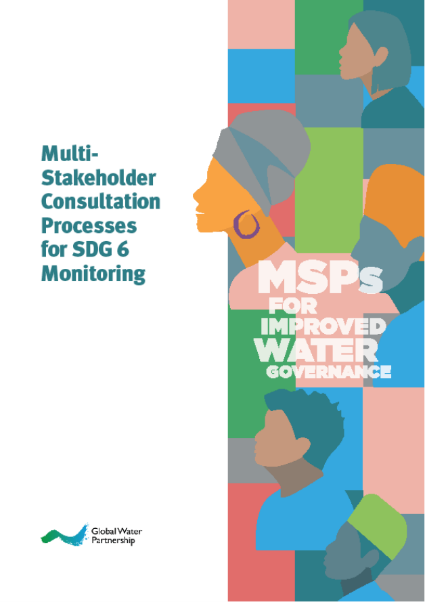 Multi-Stakeholder Processes for SDG 6 Monitoring
Multi-Stakeholder Processes for SDG 6 Monitoring
Effective Multi-Stakeholder Processes (MSPs) can improve trust, generate consensus, enhance information sharing and communication between relevant actors, thereby stimulating the necessary momentum towards positive water governance change. The SDG 6 IWRM Support Programme focuses on participatory decision-making and fosters multi-stakeholder engagement. A review and analysis was conducted of the MSPs in the 2020 SDG 6.5.1 reporting round, the findings of which are published in a full report and a policy brief.
 Finance for water security through an IWRM approach
Finance for water security through an IWRM approach
Investing in water yields multiple benefits, including strengthening community resilience to climate change, supporting human and ecosystem health, and ensuring food, energy and economic security. The estimated cost of achieving SDG 6 globally is over US$1 trillion per year, however global investments fall far short of what is needed. To address this issue, a learning journey on Finance for Water Security through an IWRM approach was organised during the second half of 2022 on the SDG 6 IWRM Community of Practice. 120 community members and 350 additional participants were a part of this journey together with distinguished experts, exchanging and learning from each other through blog posts, online events, and discussions. The summary of the learning journey can be accessed here.


